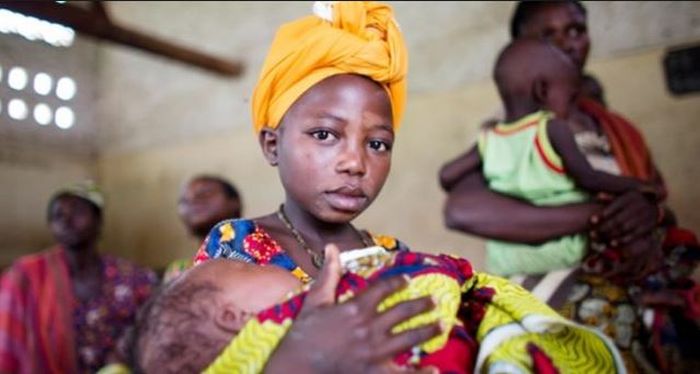Who is a Child?
According to the United Nations Convention on the Rights of the Child (CRC), a child is defined as every human being below the age of 18 years. Children, regardless of their gender, require care, support, and protection. They fall into different age groups:
– Infant (0-1 year)
– Toddler (1-3 years)
– Preschooler (4-5 years)
– School-age child (6-12 years)
– Adolescent (13-17 years)
Understanding Child Labor
Child labor refers to the exploitation of children through any form of work that deprives them of their childhood, interferes with their ability to attend regular school, and is harmful to their physical, mental, and emotional well-being. Despite international and national laws prohibiting child labor, it remains a persistent problem in Nigeria.
According to the International Labour Organization (ILO), over 43% of Nigerian children aged 5-17 are engaged in child labor. This alarming statistic highlights the urgent need for action to protect children’s rights and ensure their well-being.
Child Marriage in Nigeria
Child marriage is another critical issue, defined as any formal marriage or informal union where one or both of the parties are under 18 years of age. In Nigeria, about 43% of girls are married before their 18th birthday, and 16% are married before the age of 15. This practice has severe consequences for children’s health, education, and emotional well-being.
Consequences of child marriage include:
– Early pregnancy and childbirth, which pose significant health risks.
– Increased risk of domestic violence and abuse.
– Separation from family and friends, leading to isolation.
– Limited access to education and opportunities, perpetuating the cycle of poverty.
Combating Child Labor and Child Marriage
Several stakeholders play a crucial role in combating these issues:
1. The Government:
The Nigerian government is responsible for enforcing laws, policies, and programs that prevent child labor and protect children’s rights. Initiatives like the Child Rights Act (2003) and the National Policy on Child Labor aim to address these problems, but effective implementation and enforcement are necessary.
2. Non-Governmental Organizations (NGOs):
NGOs play a vital role in raising awareness about child labor and child marriage. They implement projects that promote education, protect human rights, and provide support to affected children. Organizations like UNICEF and Save the Children are actively involved in these efforts.
3. Civil Society Organizations (CSOs):
CSOs hold the government accountable for its actions and encourage citizen participation in democratic processes. They play a critical role in advocating for children’s rights and ensuring that policies are effectively implemented.
The Role of Women in Distress Organization (WIDO)
At Women in Distress Organization (WIDO), we are committed to supporting women and children in crisis situations. Our initiatives include:
– Providing shelter and safe housing for women and children.
– Offering educational support to children to ensure they have access to quality education.
– Empowering women and children through skill development programs.
By working together with government agencies, NGOs, CSOs, and the community, we can create a safer and brighter future for Nigeria’s children. It is our collective responsibility to protect their rights and ensure their well-being.
—
By addressing these challenges through comprehensive strategies and collaborative efforts, we can make significant strides in eradicating child labor and child marriage in Nigeria.

